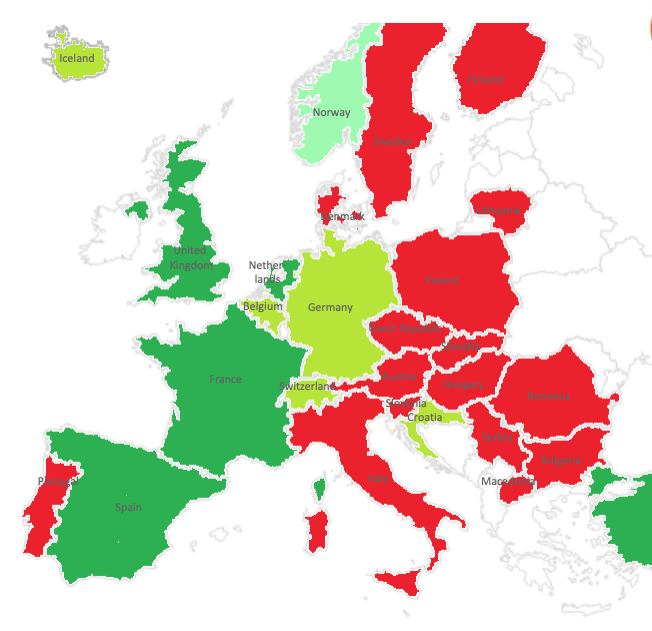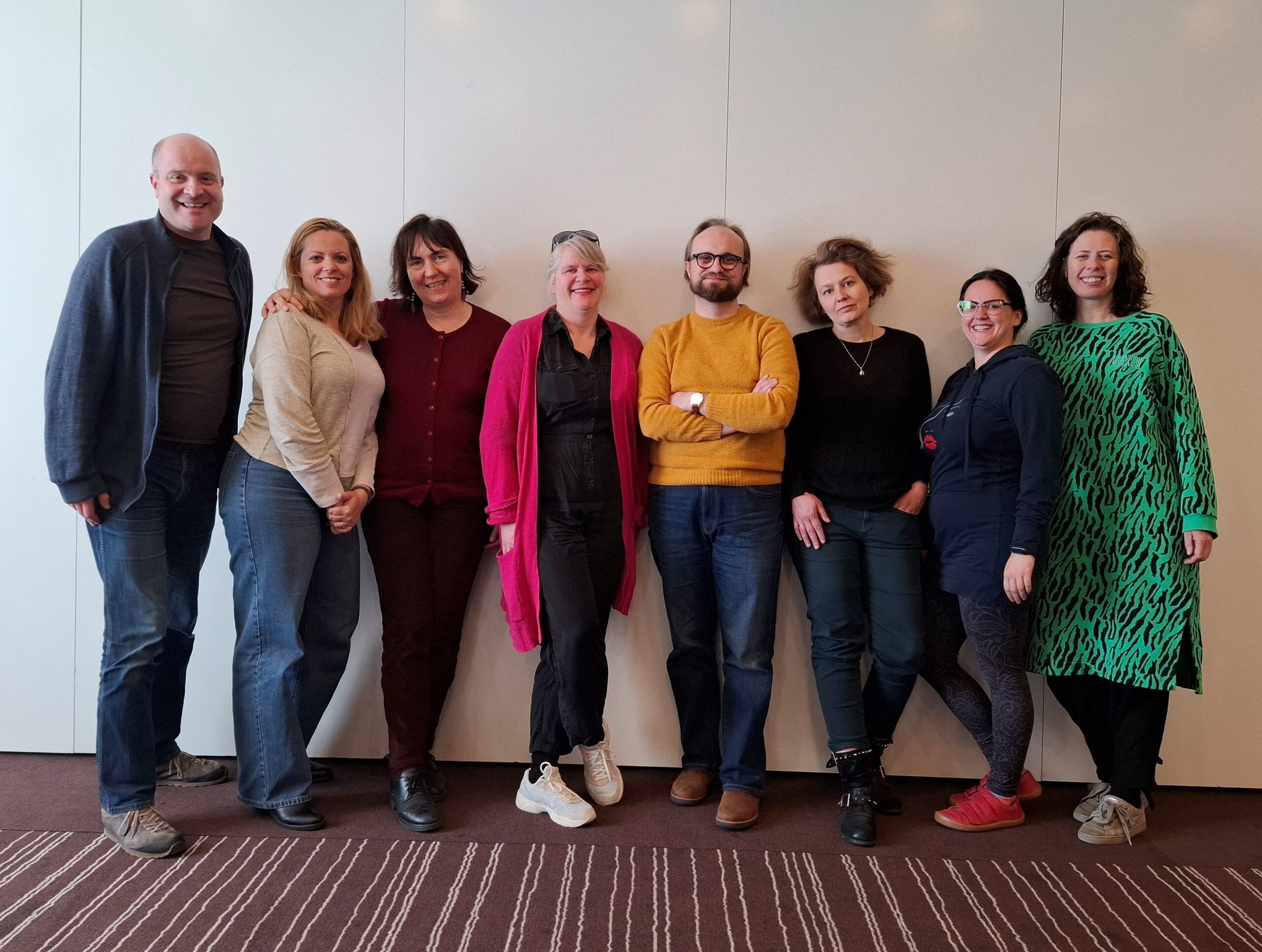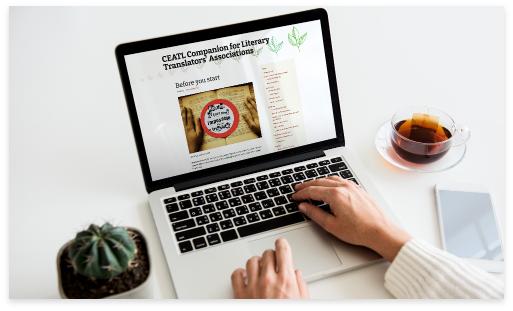Working groups
Our working groups collect and publish information on specific topics
Working conditions
working.conditions@ceatl.eu (working NULL.conditions null@null ceatl NULL.eu)
This working group was the first to be created, in 2005. Its goal is to conduct surveys which provide our members with the data they need to compare their situation with that of other countries and improve their position in negotiations with publishers – both as individuals and as associations. The data can also provide guidance to national or EU funding organisations, and support translators when it comes to EU regulations aiming to improve the position of literary translators (together with other authors). The WG’s latest survey on working conditions was conducted in 2020, in 24 languages, and received some 3.000 answers.

Authors’ rights
authorsrights@ceatl.eu (authorsrights null@null ceatl NULL.eu)
The aim of the authors’ rights working group is to improve the working conditions of literary translators from a legal point of view (Intellectual Property law, fair contracts, codes of good practice, etc.), both at the European level and in the CEATL member countries.
To that purpose, three main issues have been at the core of the WG’s activities:

Training and education
training@ceatl.eu (training null@null ceatl NULL.eu)
The Training and Education working group was established in 2009.
Between 2009 and 2014 it conducted a major research survey on Training in Literary Translation in the member countries of CEATL. It covered all sorts of academic modules and non-academic practices (such as workshops, seminars and mentorship schemes), and analysed the variety of the situation.
The report concludes with a list of general recommendations which seek to bring the academic world and the world of translation practitioners closer.
Later the working group took part in the PETRA-E (https://petra-education NULL.eu/) initiative, a joint European project, which in 2017 resulted in a general Framework of Reference for the Education and Training of Literary Translators (https://petra-education NULL.eu/framework-literary-translation/). The Framework is both a competence-based model and a learning line. It focuses on the competences a literary translator has and on their development over time from beginner’s to the expert’s level.
It is available in 11 languages and can be used by teachers, students and individual translators. The PETRA-E Network (of which CEATL is a member) was established right after the project was finished and aims at promoting and implementing the Framework.
In 2022 the working group started a new project provisionally called a Beginners’ Guide to Literary Translation. The main idea is to be of help to young people who are considering the prospect of becoming literary translators or are at the very beginning of their careers as such. The working group writes short articles on various topics in order to answer the questions they might have such as: how to negotiate with publishers, what are the benefits of joining a literary translators’ association, what are CAT tools and what do they have to do with literary translation, how to manage your time, etc. The articles are uploaded to a website which is currently under construction.
Best practices
best.practices@ceatl.eu
Best Practices working group collects and highlights successful initiatives developed by the member associations of CEATL. This way, the associations can get inspiration and an energy boost from one another.
The group’s job is to go through the information provided by the associations in annual reports, blog news, correspondence on different topics. Over the years, all of these collected stories led to the creation of a website, dedicated to literary translators associations: the CEATL Companion for Literary Translator’s Associations (https://companion NULL.ceatl NULL.eu/).
The Companion is a tool to help us learn from one another. It provides guidelines for starting and developing a literary translators association and, at the same time, it presents examples gathered from European associations. The website is constantly being updated and, hopefully, it uplifts the spirits and gets the associations members and managers in the mood for work.
Currently, the working group counts seven people from seven different countries: Slovenia, Italy, UK, Macedonia, Croatia, Austria and Romania, brainstorming for ways to lend a helping hand to literary translators’ associations and feeding the hungry Companion.

Visibility
visibility@ceatl.eu (visibility null@null ceatl NULL.eu)
The Visibility working group aims at promoting literary translators’ cultural visibility and at informing the general public about the actions of CEATL. For CEATL, improving translators’ visibility is key to achieving a better socio-economic position, and thus higher translation quality.
The working group has several avenues of action for that, which include:

Artificial Intelligence
ai@ceatl.eu (ai null@null ceatl NULL.eu)
The AI working group was created originally to write our Statement on Artificial Intelligence, published in 2023.
Since then, it has been constantly busy advocating for the defense of authors’ rights and human creation, as detailed in this video. Find out more about CEATL’s actions on AI here.
Fundraising
fundraising@ceatl.eu (fundraising null@null ceatl NULL.eu)
Fundraising is a crucial issue for all associations, and this group is dedicated to finding supporting partners to help us thrive and develop our many projects.
